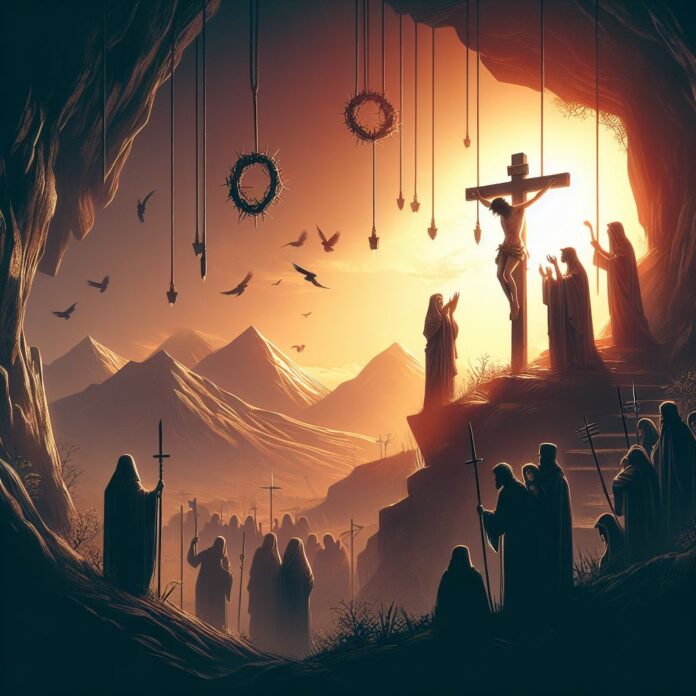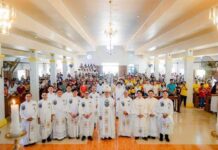Holy Week, the week leading up to Easter Sunday, is a time of heightened emotions for many Christians. It’s a period that encapsulates the entire spectrum of human experience, taking us on a journey from the exhilaration of hope to the despair of betrayal and ultimately, the profound act of sacrifice.
Palm Sunday ushers in a wave of optimism. Jesus’ triumphant entry into Jerusalem is met with joyous crowds waving palm branches. There’s a palpable sense of hope, a belief that change is imminent and a new era is dawning. This hope resonates with the deep-seated human desire for a better future, a world free from suffering.
However, this optimism quickly gives way to the sting of betrayal. The events of the following days paint a stark picture of human fallibility. Judas’ act of betrayal for a handful of silver coins shatters the illusion of unwavering loyalty. This resonates with our own experiences of being let down by those we trust, reminding us of the fragility of human relationships.
As Holy Week progresses, the mood grows increasingly somber. Maundy Thursday commemorates the Last Supper, where Jesus shares a final meal with his disciples. Here, we witness the institution of the Eucharist, a powerful symbol of sacrifice and love. Yet, the knowledge that this meal precedes Jesus’ arrest hangs heavy in the air.
Good Friday is a day of profound grief. The crucifixion, the brutal torture and death of Jesus, represents the ultimate sacrifice. This day evokes feelings of sorrow, loss, and the weight of humanity’s capacity for violence. Yet, within the darkness, a flicker of hope remains.
Easter Sunday brings a triumphant culmination to this emotional rollercoaster. The resurrection of Jesus signifies the victory of life over death, of good over evil. It rekindles the flame of hope, reminding us that even in the face of immense suffering, there is the promise of renewal and redemption.
Holy Week, then, is not merely a series of historical events. It’s a powerful allegory for the human condition. It allows us to confront our own capacity for hope, betrayal, and love. By grappling with these complex emotions, we gain a deeper understanding of ourselves and the world around us. It’s a journey that ultimately leads us towards the light of Easter Sunday, a renewed sense of hope, and a belief in the power of love and sacrifice.












